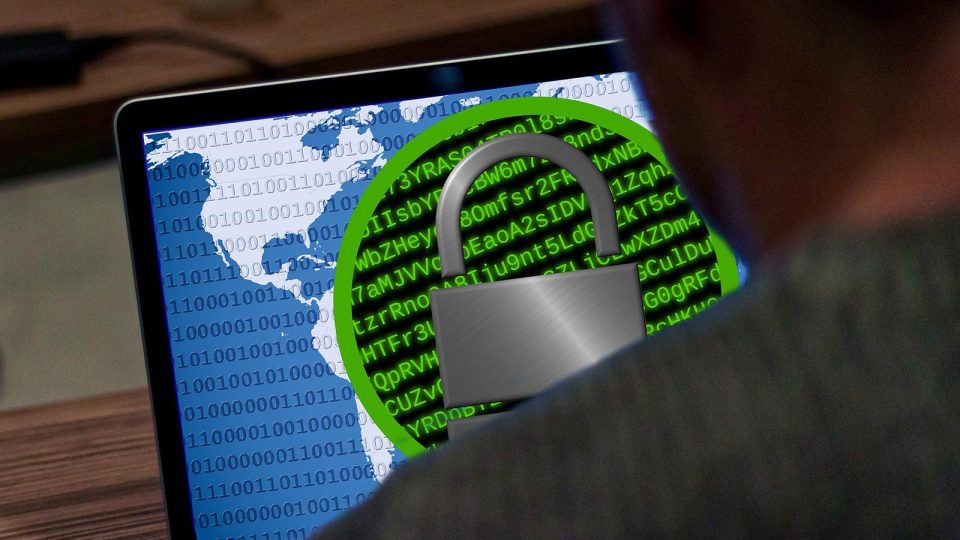
The Dangerous Disconnect Between Perceived and Actual Cyber Readiness Leads to Lower Budgets and Higher Risk
VikingCloud, a leading predict-to-prevent cybersecurity and compliance company, uncovered a significant gap in perceived cyber readiness within cybersecurity teams: 74% of C-suite level cyber executives believe their organization’s security posture is mature compared to only 29% of their frontline managers. Even more alarming, 58% of frontline cybersecurity managers admit that they or someone they know on their team have not reported cyber incidents out of fear of losing their jobs – leading to a massive underreporting of cyber threats that reinforces the cyber readiness disconnect.
Also Read: Sony Semiconductor Solutions and Raspberry Pi Launch the Raspberry Pi AI Camera
“The cybersecurity misalignment between cybersecurity leaders and their frontline managers is one of the biggest threats facing organizations today”
“The perception difference between leadership and frontline cyber teams increases business vulnerability,” said Kevin Pierce, Chief Product Officer at VikingCloud. “Our research shows that C-suite confidence is disconnected from the reality of their cyber defense front lines. The severity, volume, and sophistication of attacks is increasing – and most cyber teams are not prepared to defend their organizations because management doesn’t have all the information they need to recognize the scale of the challenge.”
VikingCloud’s research – featured in a new Fast Company article titled: “The Confidence Crisis in Cybersecurity Departments” – also discovered:
- Overconfidence Leads to Smaller Budgets: 81% of C-suite cyber executives feel confident in their organization’s ability to detect and respond to cybersecurity incidents, leading to only 5% allocating additional budget to their cyber programs in the last 12 months.
- Cyber Executives Perceive Far Fewer Cyber Threats: The cyber C-suite reports fewer and less dangerous threats than their frontline managers; 33% reported an increase in the frequency of cyberattacks and 38% an increase in the severity of attacks, compared with 55% and 50% of frontline managers, respectively.
- Frontline Managers are Struggling with False Positives: 42% of frontline managers were late responding to a cyberattack last year because they were dealing with false positives. Only 13% of C-suite cyber executives are aware of this impact to their cyber readiness.
Breaking the Overconfidence Cycle
Nearly 60% of frontline managers report modern cybercriminals are more advanced than their internal teams. Further, 50% say Artificial Intelligence (AI) is creating new attack points for which they’re unprepared.
“The cybersecurity misalignment between cybersecurity leaders and their frontline managers is one of the biggest threats facing organizations today,” Pierce added. “An alarming 81% of C-suite leaders feel confident in their organization’s cybersecurity posture compared to only 66% of their frontline managers. As we stare down another record-breaking year of data breaches, it’s imperative that all parties align on the biggest threats and resources needed to keep their business operating uninterrupted.”
Also Read: CIO Influence Interview with Anuj Jaiswal, Vice President of Products at Fortanix
[To share your insights with us as part of editorial or sponsored content, please write to psen@itechseries.com]


